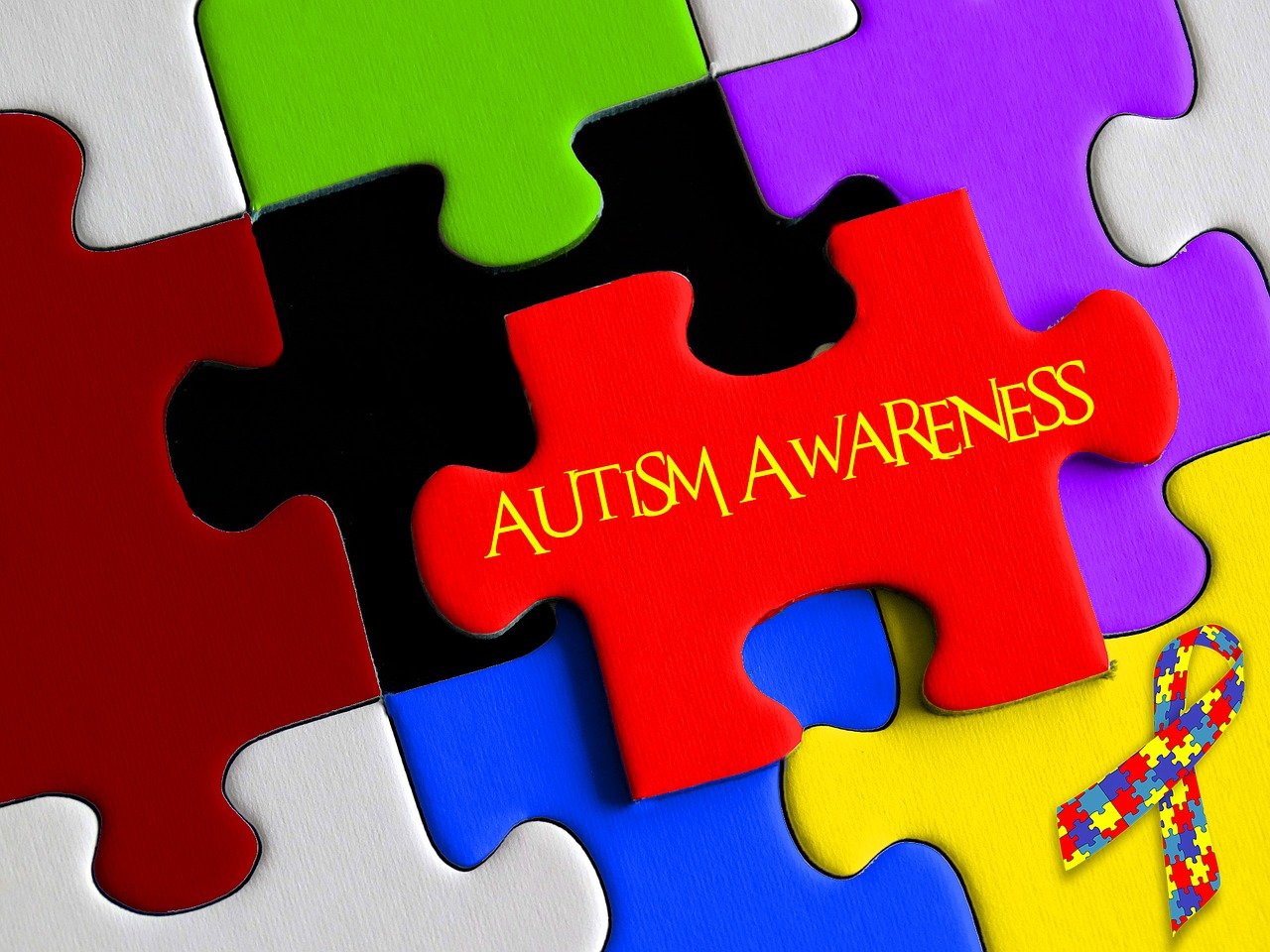Autism spectrum disorder (ASD) is a complex developmental condition that affects individuals differently, impacting their social skills, communication abilities, and behavior patterns. As researchers and medical professionals seek alternative approaches to manage autism symptoms, the potential benefits of CBD oil have garnered attention. In this blog post, we will explore the pros and cons of CBD oil as a potential therapeutic option for individuals with autism.
Pros of CBD Oil for Autism
- Anxiety and Stress Reduction: One of the most notable benefits of CBD oil is its potential to reduce anxiety and stress levels in individuals with autism. CBD interacts with the endocannabinoid system, which plays a crucial role in regulating mood and emotions. By modulating neurotransmitter activity, CBD may help alleviate anxiety symptoms and promote a sense of calmness.
- Improved Sleep Patterns: Sleep disturbances are common among individuals with autism, causing further challenges in their daily functioning. CBD oil has shown promise in improving sleep quality by addressing issues such as insomnia, restlessness, and irregular sleep-wake cycles. Better sleep patterns can lead to improved cognitive function and overall well-being.
- Reduced Aggressive Behavior: CBD oil may have a calming effect on aggressive behaviors commonly observed in some individuals with autism. By interacting with receptors in the brain associated with aggression and impulsivity, CBD may help mitigate these challenging behaviors. However, it is important to note that individual responses to CBD can vary, and further research is needed to understand its full potential in managing aggression.
- Few Side Effects: Compared to many pharmaceutical interventions, CBD oil is generally well-tolerated and associated with minimal side effects. Common side effects, such as drowsiness, dry mouth, or gastrointestinal issues, are typically mild and temporary. This makes CBD oil a potentially attractive option for individuals who experience adverse reactions to conventional medications.
Cons of CBD Oil for Autism
- Limited Research: While there is growing interest in using CBD oil for autism, the scientific evidence is still limited. The available studies are small-scale, and larger, controlled trials are necessary to establish its safety, efficacy, optimal dosage, and long-term effects. As a result, it is crucial to approach CBD oil as an experimental treatment option and consult with healthcare professionals before use.
- Lack of Regulation: The CBD market is largely unregulated, which means there is a risk of inconsistent product quality and unreliable labeling. This can make it challenging for individuals and caregivers to choose a reliable and high-quality CBD oil product. It is essential to source CBD oil from reputable manufacturers who provide third-party lab testing results to ensure purity, potency, and absence of contaminants.
- Drug Interactions: CBD oil can potentially interact with certain medications, including antiepileptic drugs, antidepressants, and antipsychotics. These interactions can alter the effectiveness or side effects of these medications, emphasizing the importance of consulting with a healthcare professional before incorporating CBD oil into an existing treatment regimen.
- Individual Variations: Every person with autism is unique, and CBD oil may not produce the same effects for everyone. The response to CBD can vary based on factors such as individual biochemistry, genetics, and the presence of co-occurring conditions. It is essential to monitor the individual’s response closely and adjust the dosage or discontinue use if any adverse effects occur.
CBD oil has gained attention as a potential therapeutic option for managing symptoms associated with autism. While it shows promise in reducing anxiety, improving sleep patterns, and reducing aggressive behaviors, it is crucial to approach CBD oil with caution due to the limited research, lack of regulation, and potential drug interactions. Consulting with healthcare professionals, conducting thorough research, and carefully monitoring the individual’s response are vital steps to consider before incorporating







Leave a Reply